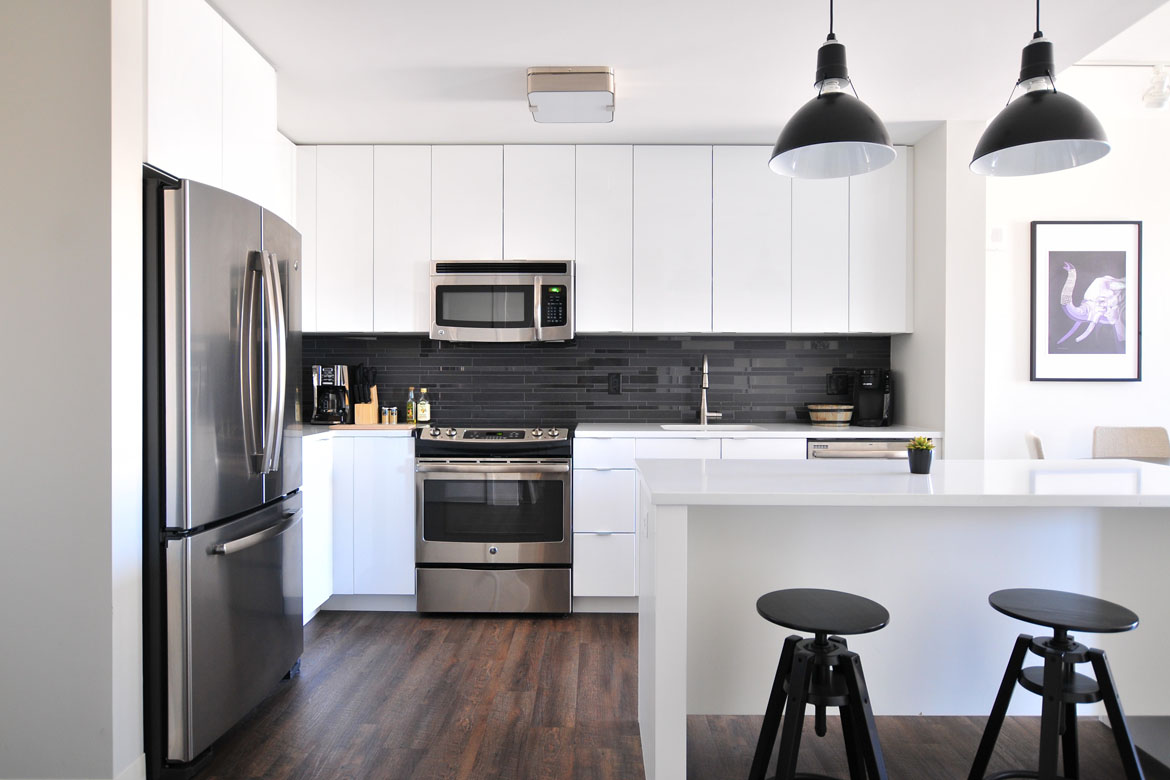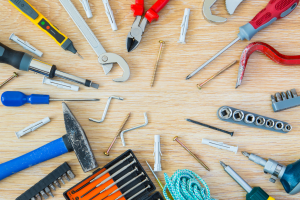5 Tips When Buying a Property to Rent Out
Investing in a rental property is a big business for lots of people. Some are even moving furniture in with moving companies to keep properties furnished for new tenants. Income property is excellent for residual income and builds wealth over time, but how do you know what to buy? It can be challenging to know what’s a good deal and what you need to avoid. Here are some tips to help you judge whether or not that property you have your eye on is worth the investment.
1. Recognize How Much Work Goes Into a Rental Property
A lot more work goes into picking up a rental property than you would think after watching shows on HGTV. They make it all look so easy, but the truth is that there is a lot of work behind the scenes. You’ll need time and experience to get good at buying rental properties, so don’t expect it to be easy upfront.
To be successful, you need to be detail-oriented and have a firm understanding of tenant laws. If you want to manage the property yourself, you need to be ready to be a landlord. If you don’t want to do it, you need to hire a management company to handle it for you. Doing so eats into your bottom line, so it’s only recommended if you’re firmly established as a landlord.
2. Short-term Success Is Only on TV
When it comes to buying a rental property, you need to think long-term. At first, you won’t make much in the way of cash flow because you’re going to be stuck paying down the mortgage. After some time, you’ll be doing better and begin to break even with the amount coming in compared to the amount going out. After even more time, you’ll see profits start to rise.
3. Be Willing to Be a Landlord
Being a landlord isn’t all making houses pretty and letting other people stay in your rental home. Sometimes, it can get nasty because of various reasons. Maybe they don’t take care of your property, and you’re left fixing it up later. Perhaps they have animals they didn’t tell you about, and the damage is extensive. Then there are the repairs that are needed while they’re renting the home. They expect you to be available and on top of getting those things fixed, and as a landlord, it’s your job.
If it comes down to evicting someone, you need to be ready to take that stand. It won’t be nice, and it won’t be easy. You will have to be firm and be willing to be the bad guy in their eyes. Being a landlord is not for the faint of heart, so you have to be prepared. You might get that midnight call saying a pipe burst and they don’t know what to do. It’s all part of what you need to expect.
4. Pay Down Existing Debt
Before buying a rental property, you need to look into paying down any existing debt. If you’re a newer investor, you don’t want mountains of debt in your financial history. The last thing you want is to put yourself in a situation where you don’t have enough money to cover the bills that now include a second mortgage for the rental property.
Instead, wait until you have all your bills paid off, or at least most of them. If you have kids getting ready to go to college or already in college, it’s probably wise to wait until they’re done with their education, especially if you’re helping them pay for it.
5. Compare Risk and Reward
Investing in a rental property is a significant risk. Tenants can be challenging to deal with, and with having a property making you money, you may end up in a different tax bracket. Both come with potential issues that you may not be ready for.
There’s also always the chance that your tenant will not renew or that you’ll have to evict them. When that happens, you need to be able to cover the mortgage payment without a tenant. You are still responsible for paying the expenses for the home even if no one is there.
The Bottom Line
There is a lot of work when investing in a rental property, and you need to be ready for it. Don’t look at the shows on TV as accurate representations because they’re not. Being a landlord can be tough, and getting there can be even more difficult if you have significant debts to pay down. Before you make the jump, always weigh the risks and rewards to make sure you don’t make the wrong decision.








